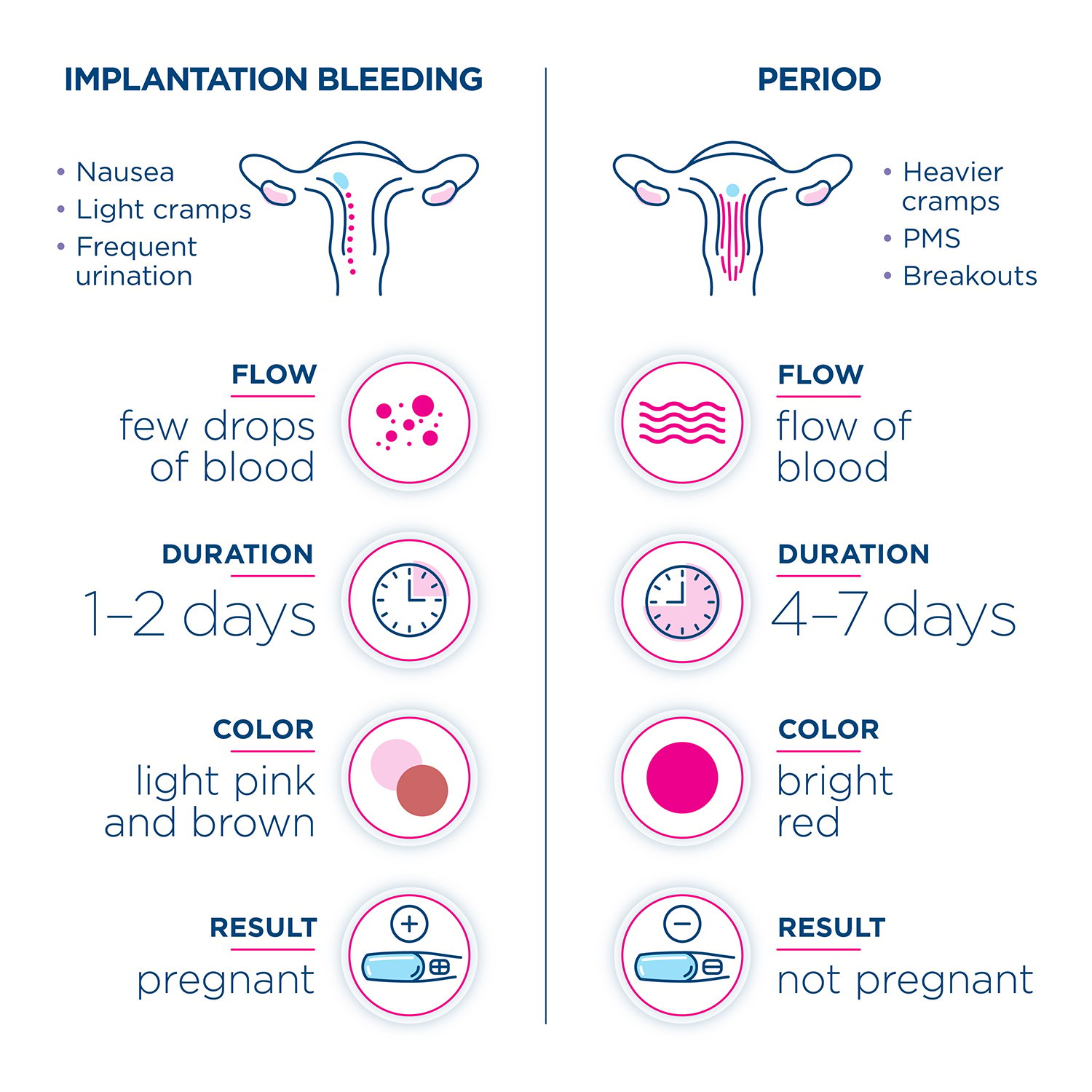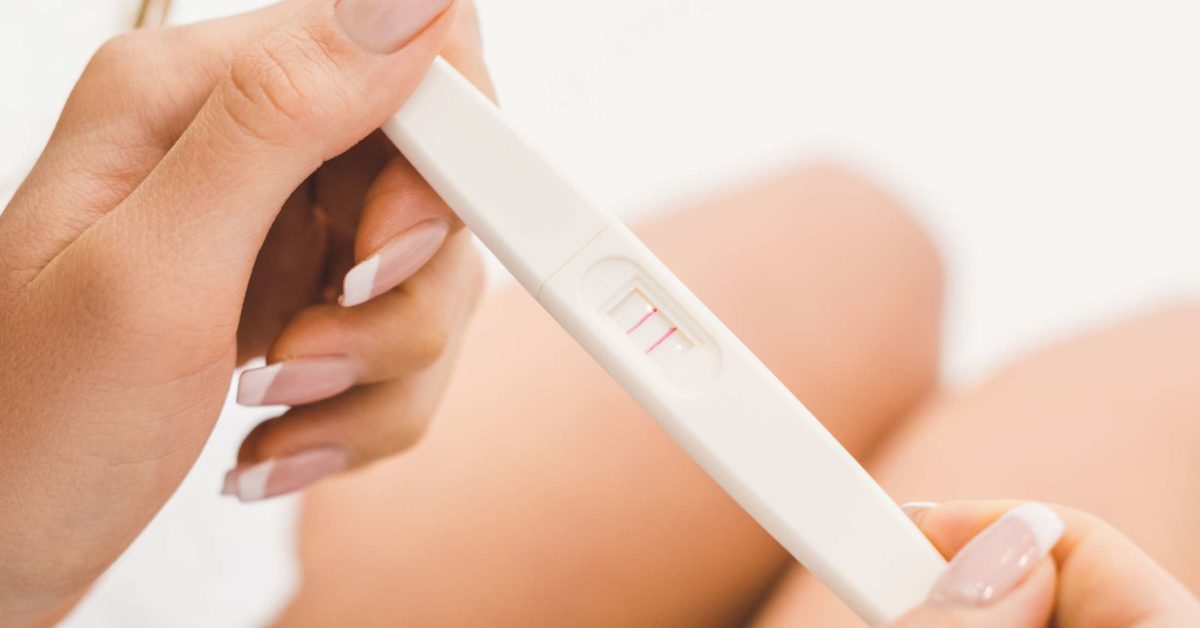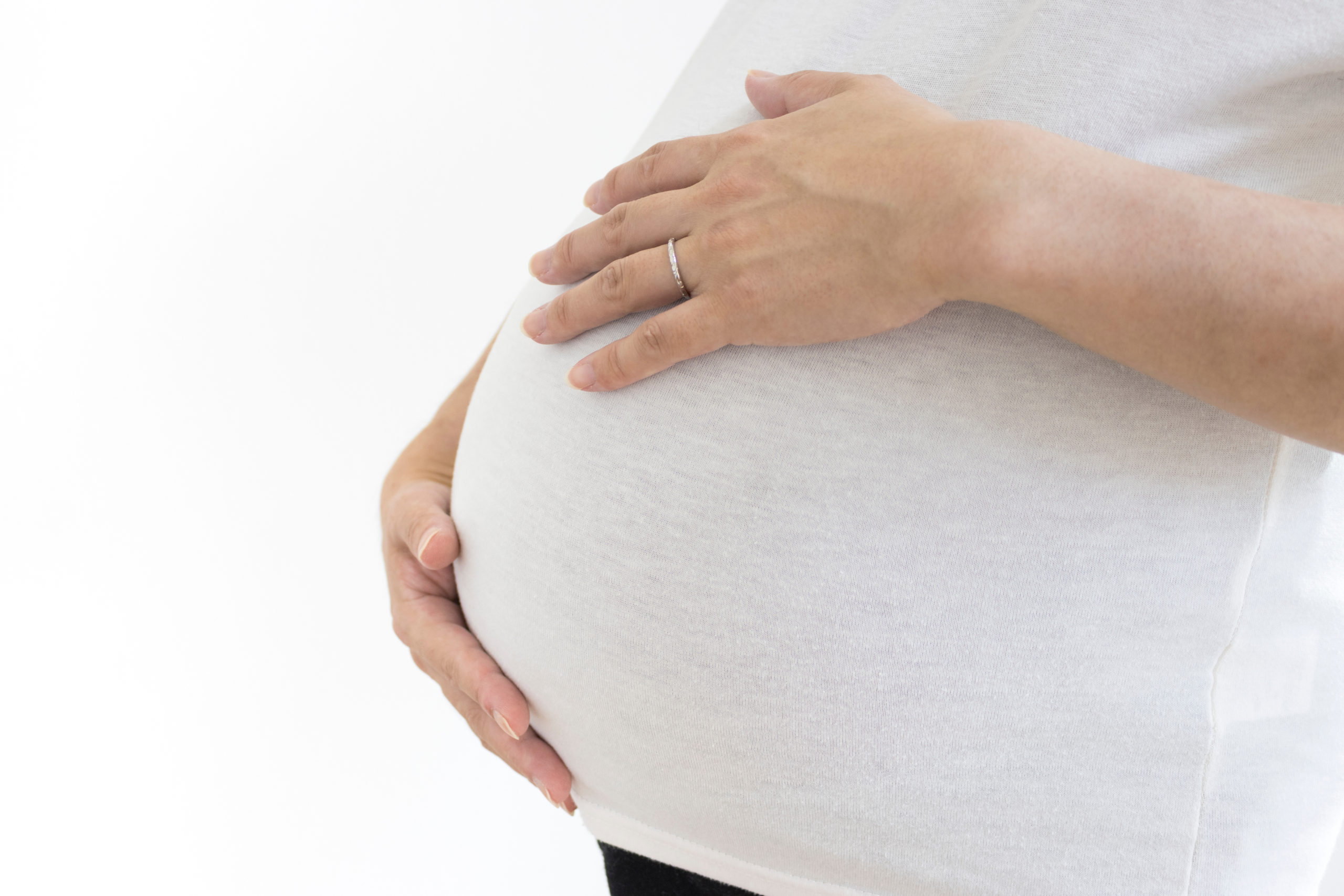Pregnancy implantation bleeding is a small amount of bleeding or light spotting that occurs about 10 to 14 days after fertilization.
Implantation bleeding small brown clots early pregnancy.
When it happens most people don t realize they are pregnant and may mistake implantation bleeding for a period.
Implantation bleeding is a normal part of being pregnant.
Not every woman will experience implantation bleeding but for women who do experience it it s usually one of the first symptoms of pregnancy.
The bleeding is never heavy but rarely may be accompanied by tiny clots.
Implantation can take place 6 12 days after ovulation.
An ectopic pregnancy is a condition when the embryo implants in the fallopian tube instead of the uterus.
Implantation bleeding in first trimester and risk of miscarriage is possible.
About 50 of women who bleed during early pregnancy undergo a miscarriage.
It could of been implantation bleeding i had this at around 6 weeks when pregnant with my 1st was very slight and no clots.
Heavy bleeding along with clots is a sign that you may be having an ectopic pregnancy.
Additional conditions for bleeding in pregnancy include an irritable cervix a cervical infection or cervical cancer.
Bleeding during the first trimester is more common than later trimesters.
It appears as a smear of blood on your underwear or toilet paper a few days before or after the time when you can first test positive on a pregnancy test.
Implantation bleeding is usually light pink to dark brown.
Some women may have spotting or bleeding during implantation six to twelve days after the date of conception but this is usually of no concern.
Sometimes it occurs around the same time your period is due and that is the reason why some women take implantation bleeding as a light period especially when they also have a cramping sensation.
It implies that you may have implantation bleeding a week before your period.
Implantation bleeding happens during the very early stages of pregnancy.




























